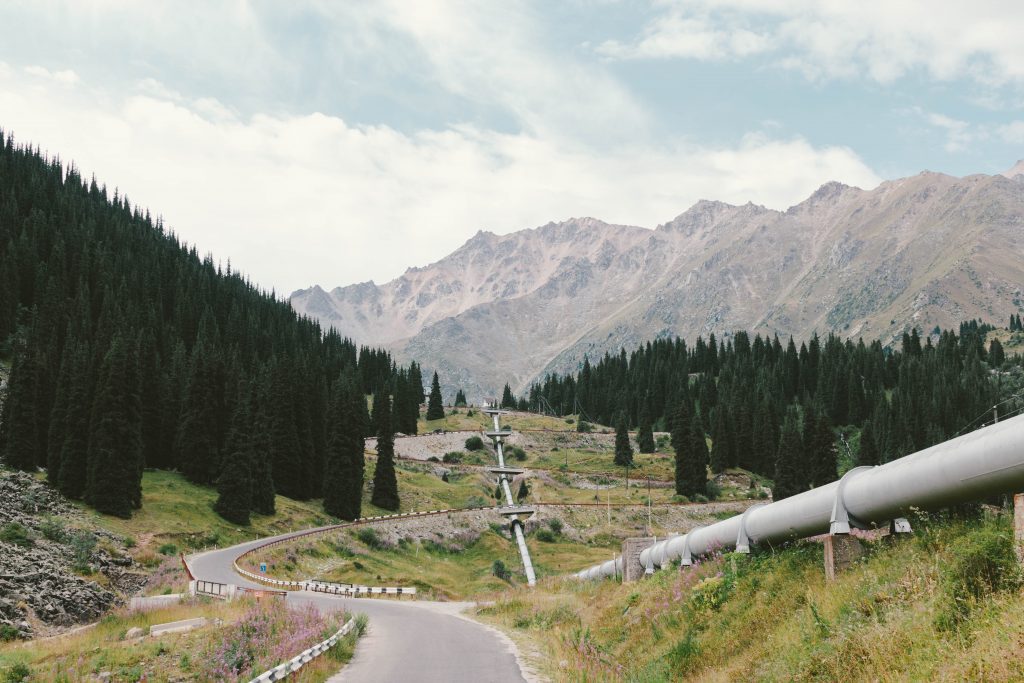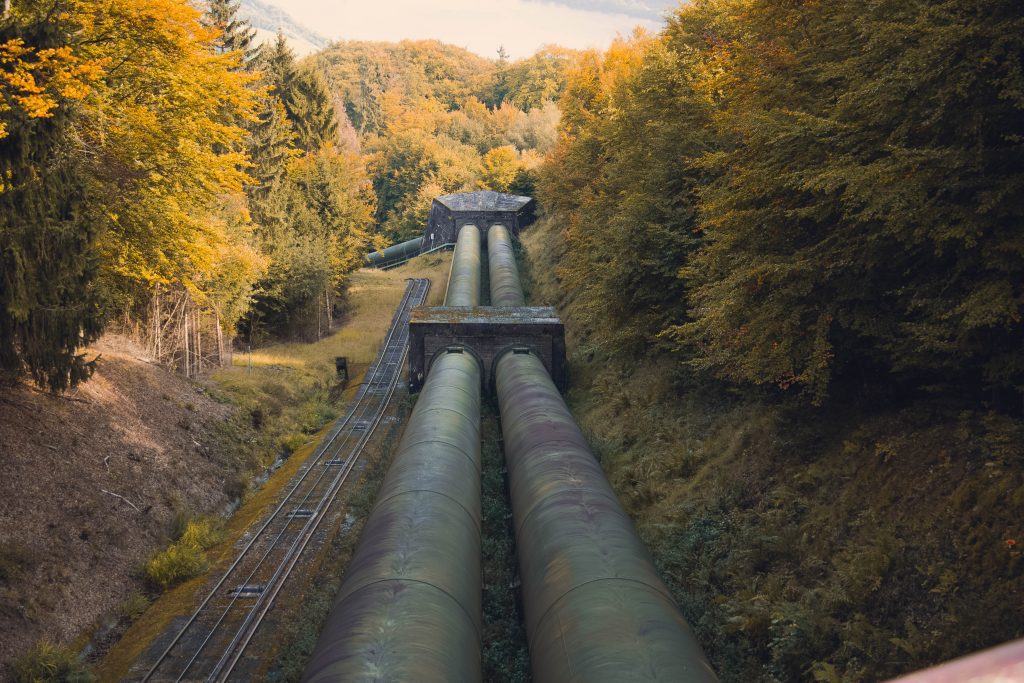The Willow Project: What's going on in Alaska?
The proposed Willow Project oil pipeline has been a hotly debated topic in recent months. The pipeline, which would transport crude oil from Alaska’s North Slope to the port of Valdez, has faced opposition from environmental activists and Native Alaskan communities. With the new Biden administration in power, the future of the Willow oil pipeline is uncertain. In this blog post, we will explore the key facts and arguments surrounding the Willow oil pipeline.
What are the arguments?
Proponents of the Willow oil pipeline argue that it will create jobs and generate revenue for the state of Alaska. They also point out that the project has undergone an extensive environmental review process and will employ the latest technology to minimize its impact on the environment. However, opponents of the pipeline argue that the risks of a potential oil spill and the impact of the pipeline on indigenous communities and the environment outweigh any potential benefits.

Photo by Unsplash

Photo by Unsplash
Short term gains vs. long term destruction
The Willow Project’s oil pipeline has been a focal point of activism and advocacy from various groups, including environmental organizations and Native Alaskan communities. These groups have raised concerns about the impact of the pipeline on wildlife and the environment, as well as the potential for an oil spill to devastate the region. In addition, there are concerns about the impact of the pipeline on indigenous communities, who have historically faced discrimination and marginalization in Alaska.
All in all
In conclusion, the Willow Project’s oil pipeline is a complex issue that has garnered attention from a variety of stakeholders. While proponents of the pipeline argue that it will provide economic benefits to Alaska, opponents are concerned about the impact on the environment and indigenous communities. With the Biden administration in power, the future of the Willow oil pipeline remains uncertain. However, it is clear that this issue will continue to be a focal point of activism and advocacy for years to come.








